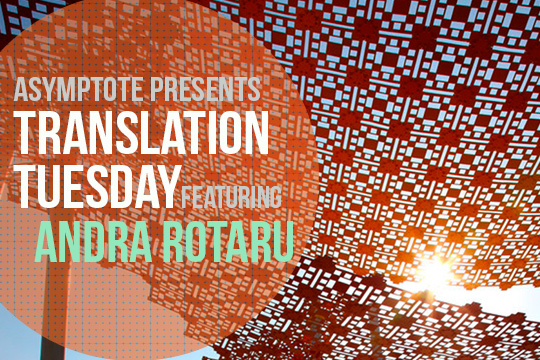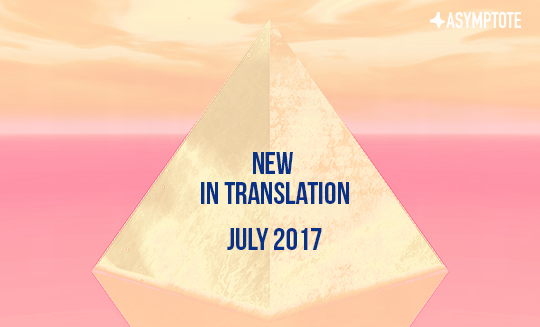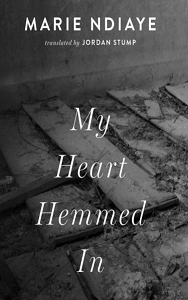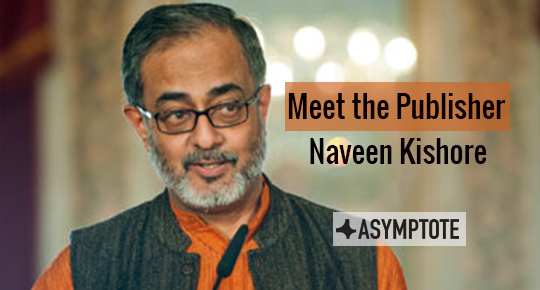In a globalized publishing landscape Seagull Books, based primarily in Kolkata, India, stands out as having uniquely made a mark as a world publisher. In its thirty-five years of existence, Seagull has primarily concentrated on publishing literature in translation with a particular emphasis, from its early years, on Indian theatre and cinema from different regional and linguistic backgrounds. Seagull has introduced Indian readers to the joys of literature from different world languages — writers such as the Nobel Prize winners Mo Yan, Imri Kertez, Ellfride Jellinek and the more recent Man Booker International Prize winner László Krasznahorkai. Operating with a small team to produce and design books distinguished by superior literary content and exquisite aesthetic appeal, each Seagull book is a collectible that is also reasonably priced for the Indian buyer. While Asymptote has previously covered Seagull books, Sneha Khaund caught up with Naveen Kishore, Seagull’s founder, to know more about how the publishing house continues to support translation and shape world literature.
Sneha Khaund (SK): Can you tell me a bit about how Seagull was conceived?
Naveen Kishore (NK): Overnight. Very specifically, the event that marks our “birth,” as it were, was a festival of grassroots theatre I produced in 1982. Around that time there were a lot of theatre groups working with original themes and using their bare bodies with no props or costumes. Their plays dealt with the human condition around them and the dailyness of survival. Working in a 40km radius around Calcutta, these groups were more interested in going into villages and the interiors of the state rather than trying to perform for an urban city audience. At this event I noticed someone in the front row of benches madly sketching the body movements of the performers. So I turned to a theatre scholar, Samik Banerjee, who was also at the time an editor at Oxford University Press, and I said what a pity there is no way to capture this moment. We were not familiar with words like documentation and there was no digital photography and so on at the time. It was Samik da who suggested that a specialist niche publisher focusing on the arts could be a good way of documenting these evolving movements not just in theatre but also in cinema and fine art. We already had a name! Seagull! So Seagull Books was waiting to happen. We decided to explore the possibility of a theatre publishing programme that would do theatre scripts from different Indian languages in translation and document the vibrant New Indian Cinema movement: Satyajit Ray, Shyam Benegal, Adoor Gopalakrishnan, Jabbar Patel, Goutam Ghosh, to name a few. We would not focus on anything but the performing and the visual arts. So after thirty-five years, in fact after the first twenty-six years—that’s how long it takes sometimes—all the s, a lot of the Tendulkars, a lot of the Mahaswetas, a lot of these plays have now become textbooks. Classics of Indian drama like Ghasiram Kotwal, Charandas Chor. The irony is that even after thirty five years because it’s not a great commercial thing there’s still no other dedicated theatre publisher. It just doesn’t pay enough. So that was the first lesson for a non-publishing person stepping overnight into publishing — that you have to build a back-list because that’s how publishers survive. You can’t produce one book, sell it, recover, then re-invest because the way a publishing chain works is that you are expected to keep producing the books. Regardless. No single book is a profit centre. Small numbers selling across a list of say 500 books is how the numbers begin to make sense. Sometimes there are spikes and you sell certain titles very well. These then support the ones that don’t sell that well! Who said it is easy?!
READ MORE…














